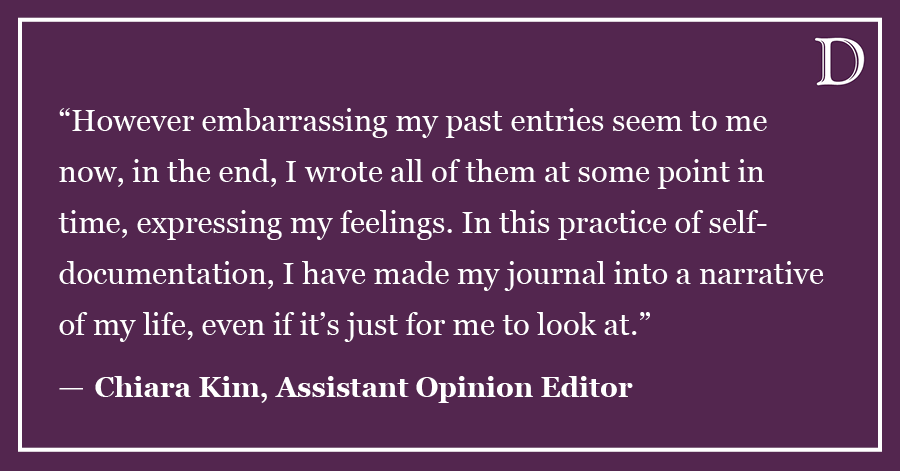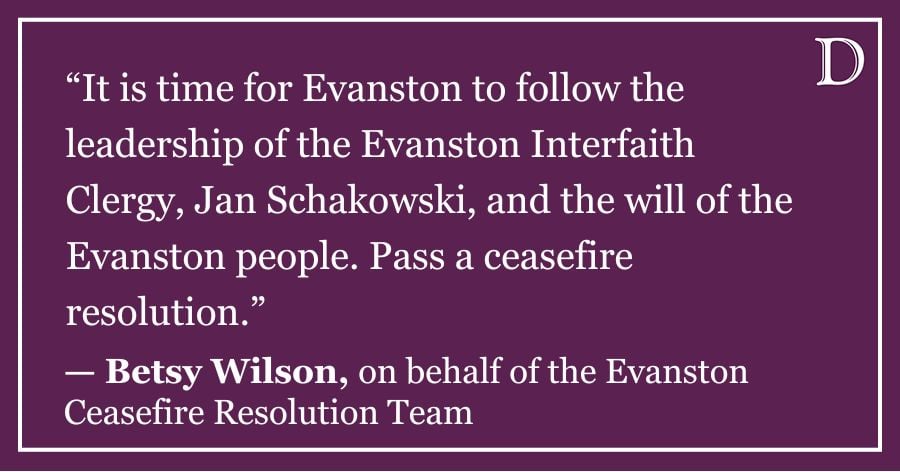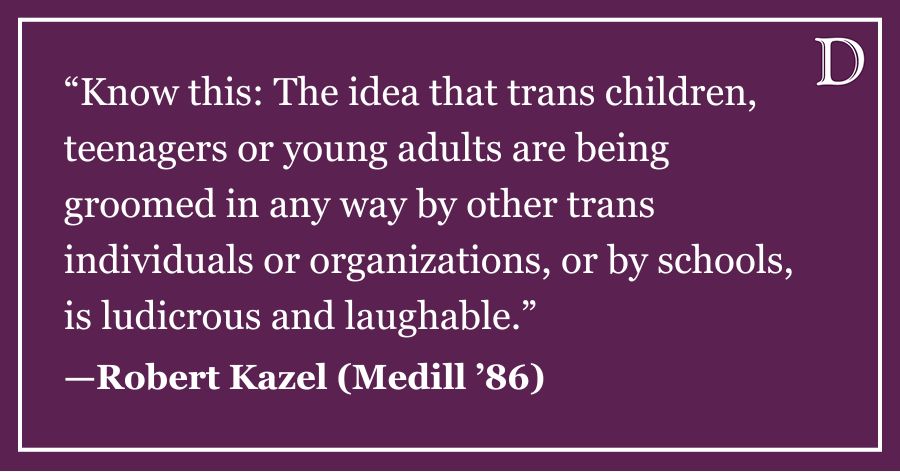In my Jews and Sports seminar last quarter – yes, there is a class on Jews and sports, and yes, there was more than one day’s worth of material to cover – we heavily discussed the German-hosted Olympics in 1936 and 1972. The 1936 Berlin Olympics were a showcase of Nazi pride and athleticism. With its exclusion of Jewish athletes, it foreshadowed the horrors to come in the next decade. Thirty-six years later, the 1972 Munich Olympics sought to paint Germany in a new, more tolerant image to make up for 1936.
Many of our class discussions were about the perfect image Germany tried to create when it had the opportunity to host the Olympics: in 1936, a strong Nazi Germany and in 1972, a tolerant and united Germany. The country hosting the Olympics is in the world’s spotlight for a bit more than two weeks, receiving heavy news coverage several months before and after the games. Host countries can use this spotlight to prove to the world how sophisticated and developed they are.
Unfortunately, Russia, which is hosting the 2014 Winter Olympics in Sochi, has already embroiled itself in a public relations crisis. It has come under scrutiny for its cruel treatment of gay citizens, especially with Russian police standing by while gay protesters are mobbed by counter-protesters. In response, there has been a variety of solutions proposed to address this issue at the Olympics. British broadcaster Stephen Fry wrote an extraordinary open letter to the International Olympic Committee, calling for a boycott of the Sochi Olympics. Former and current gay Olympic athletes, such as American diver Greg Louganis, have signed a petition to pressure Russian politicians and the IOC into taking a stronger stance against Russia’s anti-gay laws. Sen. Charles Schumer, D-N.Y., even suggested flying a gay flag at the Russian games.
My stance lies closely with Schumer’s idea: We should not boycott the Olympics but make a stance for gay tolerance and rights. Schumer stated that it’d “be pretty embarrassing for Putin” if a gay flag flew, and I absolutely agree with him. When the eyes of the world are turned on Russia, Olympic athletes, delegates and spectators should make a spectacle and protest for gay rights.
There are several ways in which the U.S. Olympic team could make a push for gay rights without engaging in protests or an outright boycott. Many people have advocated wearing rainbow flag pins on U.S. Olympic uniforms, including during the opening and closing ceremonies and any events that allow pins to be worn.
I would argue that the rainbow flag, the traditional symbol of gay rights in American culture, should be displayed in tasteful ways during the Olympics. Athletes could wave small rainbow flags during the opening and closing ceremonies, American visitors could wear rainbow gear, and visiting diplomats, such as President Barack Obama, could wear their small rainbow flag pins with pride.
Think of the IOC and Russian officials working to meticulously manage Russia’s image during the games. If they attempted to make athletes remove small rainbow pins or spectators similar gear, it would just create more attention and controversy during Russia’s time to shine. The subtle gesture would also be picked up by Russian state television, and Russians would be forced to notice the symbol and begin to question its meaning.
A boycott of the Sochi games would mean heartbreak for hundreds of athletes who have dedicated their lives to representing America on the world’s biggest sports stage. Showing up at the Russian Olympics with subtle symbols of gay pride would embarrass Russia and force the state to address its controversial treatment of gays during a time of potential greatness. I advocate for American diplomats, athletes and spectators to force Russia to come face-to-face with its awful treatment of gay citizens by creating a spectacle at the Olympics.
Meredith Goodman is a rising Weinberg junior. She can be reached at [email protected]. If you would like to respond publicly to this column, leave a comment or send a letter to the editor to [email protected].














